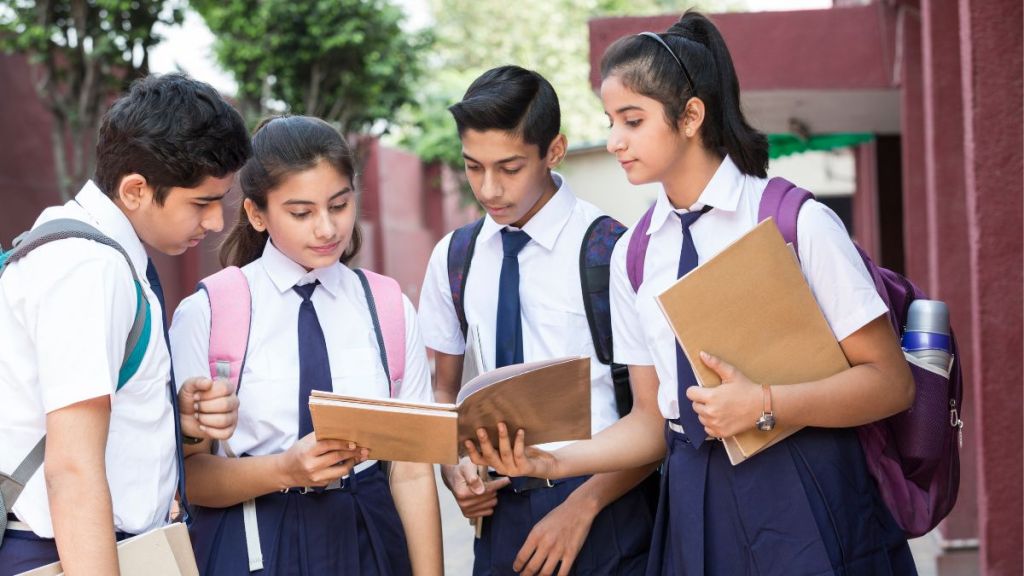CBSE has revised its assessment and evaluation methods to implement the principles outlined in the National Education Policy (NEP) of 2020. Notably, the board exams for Classes 11 and 12 will now feature a greater proportion of competency-based questions and fewer constructed response items.
Under the updated guidelines from CBSE, the weightage of competency-focused questions, including MCQs, case-based queries and integrated source-based questions, in Class 11 and 12 exams has been raised from 40% to 50%. Conversely, the portion of constructed response questions (both short and long answer types) has been decreased from 40% to 30% for the academic session of 2024-25. The proportion of select response questions (MCQs) remains unchanged at 20%.
However, there have been no alterations in the composition of question papers for year-end or board examinations (theory) for Classes 9 and 10 for the upcoming academic session (2024-25), in accordance with CBSE directives.
In an official statement, CBSE expressed its primary objective to foster an educational environment that emphasises critical thinking, creativity and systems-based learning, departing from traditional rote memorization methods, to better equip students for the challenges of the 21st century.
Meanwhile, the National Council of Educational Research and Training (NCERT) has announced the release schedule for new textbooks aligned with NCF-SE 2023. Textbooks for Class 3 will be available by April 2024, followed by those for Class 6 in mid-May 2024. NCERT also disclosed that 1.21 crore copies of the 2023-2024 editions for various classes have already been distributed, with ongoing production to meet demand. Additionally, buffer stock for Classes 4, 5, 9, and 11 is prepared. Digital versions of all NCERT textbooks are freely accessible on the NCERT portal, DIKSHA, and the ePathshala portal and app, as stated in an official communication posted on X (formerly Twitter) by NCERT.


